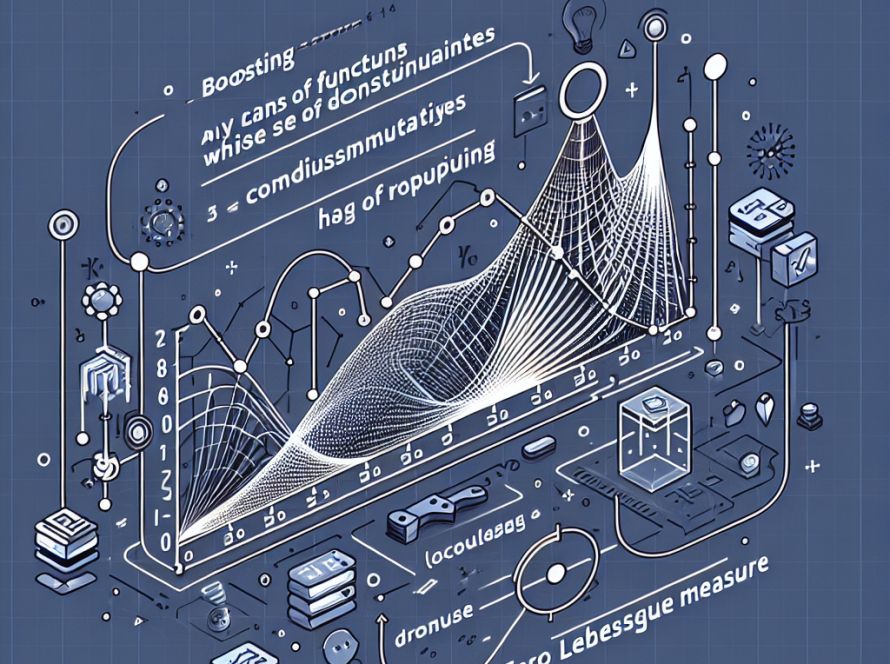The need for speed and precision in today’s digitally-fueled arena is ever-increasing, making it a challenge for search engines to meet these expectations. Traditional retrieval models present a trade-off between speed, accuracy, and computational cost. To address this, researchers from the University of Glasgow have offered a creative solution known as shallow Cross-Encoders. These small but efficient transformer models promise to improve the search engine experience by providing quick and accurate retrieval of information.
Shallow Cross-Encoders, unlike bulkier models such as BERT or T5, need fewer layers and less computational effort. They can assess the relevance of a higher number of documents in the same given time, which might improve effectiveness in situations where low latency is critical. Implementing and training these models efficiently can be challenging. Traditional methods can result in instability and overconfidence, affecting their performance.
The researchers from the University of Glasgow have developed an innovative training scheme, gBCE (Generalized Binary Cross-Entropy), to mitigate the problems. This scheme serves to reduce overconfidence and provide stable and precise results. gBCE incorporates an increased magnitude of negative samples per positive instance and the gBCE loss function that offsets the effects of negative sampling. The outcome is an efficient shallow Cross-Encoder that has proved to outperform its larger alternatives in low-latency environments.
Extensive tests of several shallow Cross-Encoder models, like SmallBERT, MiniBERT, and TinyBERT, were carried out against full-size models like MonoT5-Base and MonoBERT-Large. Of these, the TinyBERT-gBCE model showed remarkable results on the TREC DL 2019 dataset, achieving an NDCG@10 score of 0.652 within only 25 milliseconds. This is a significant 51% improvement over the MonoBERT-Large projection (NDCG@10 of 0.431) under similar latency constraints.
Shallow Cross-Encoders promise benefits beyond speed and accuracy. Due to their smaller memory needs, they are not only energy-efficient but also cost-effective. They can work on an array of devices, from data centers to handheld devices, without needing specialized acceleration hardware.
Shallow Cross-Encoders aim to deliver search results with great speed and precision, regardless of whether the user is on a high-end workstation or a comparatively modest portable device. They have the potential to transform the search experience for countless users worldwide. As researchers continue to enhance this revolutionary technology, we can expect a future where the compromise between speed and accuracy will be a thing of the past. Shallow Cross-Encoders are paving the way towards obtaining quick, accurate search results, moving this concept from a far-off aspiration to an achievable reality.


